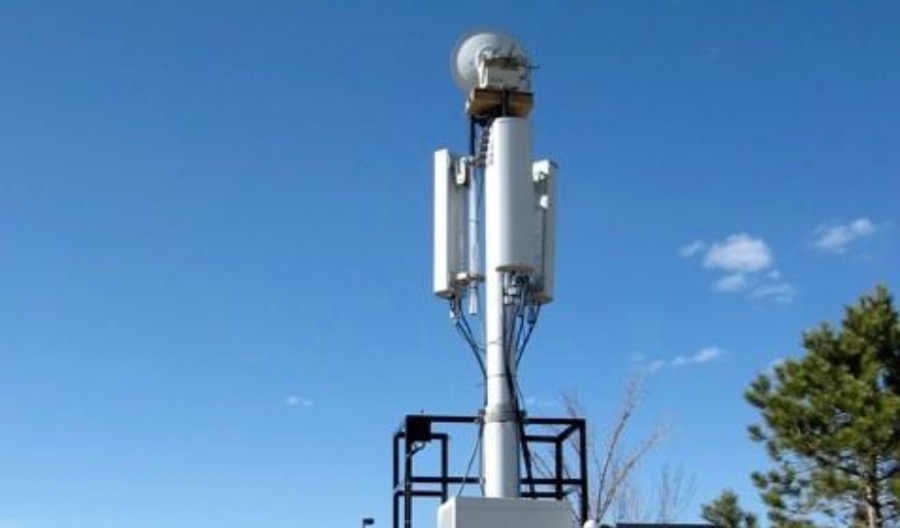
WASHINGTON—Amid discussions about the pace of the digital TV transition, Rep. Joe Barton (R-Texas), chair of the House Commerce Committee, suggested that Congress might not need to intervene as the transition gains momentum independently. Barton's statement, made during testimony before the House telecommunications subcommittee on Thursday, emphasized a cautious approach to legislative action regarding the transition.
As part of the digital TV initiative, broadcasters are required to relinquish excess spectrum by December 31, 2006, or when 85 percent of homes in their viewing area can receive digital signals, whichever comes later. Broadcasters were allotted an additional channel (six megahertz) of spectrum for digital conversion. Post-transition, this spectrum is slated for division between public safety (24 megahertz) and commercial (36 megahertz) uses. While a guard band of six megahertz has already been auctioned, the auctioning of the remaining 30 megahertz for commercial purposes is pending.
Despite Barton's cautious stance, the Spectrum Coalition for Public Safety is advocating for legislation that would accelerate the transition by mandating analog spectrum return by January 1, 2007, and reducing the amount allocated for commercial use. The coalition seeks sponsorship for a bill that would reallocate 10 megahertz of the 30 designated for commercial interests to public safety data applications, thereby increasing the public safety allocation to 34 megahertz.
In a briefing paper available on the coalition's website, the group emphasizes the urgency of deploying wireless broadband applications for public safety and homeland security needs, citing existing technology and insufficient spectrum allocations as barriers. The coalition warns that auctioning critical broadcast bandwidth to private entities could delay the availability of high-speed wireless applications for public safety for decades.